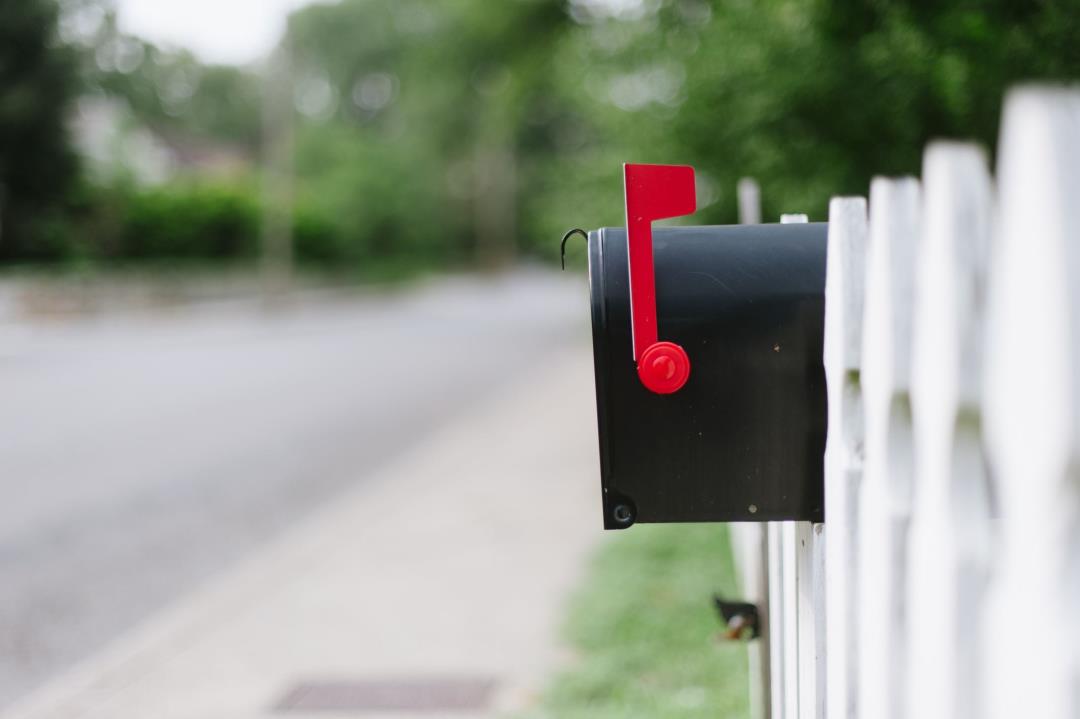
Check fraud has resurfaced as a major issue, leading postal authorities and bank officials to advise Americans to avoid mailing checks altogether if possible. They recommend using secure mail drops, such as those located inside post offices, to mitigate the risk. Last year, banks reported approximately 680,000 cases of check fraud to FinCEN, a significant increase from the 350,000 reports in 2021. Additionally, the US Postal Inspection Service received around 300,000 complaints of mail theft in 2021, more than double the previous year’s count, according to the AP.
During the early stages of the pandemic, government relief checks became lucrative targets for criminals. Despite the decline in check usage over the years, the problem has worsened. In 2022, Americans wrote approximately 3.4 billion checks, down from nearly 19 billion checks in 1990, as reported by the Federal Reserve. However, the average check amount written by Americans increased from $673 in 1990 (equivalent to $1,602 in today’s dollars) to $2,652 last year.
Today’s check fraud perpetrators are not just small-scale operations or individuals; they often belong to sophisticated criminal networks. These criminals employ various tactics, such as infiltrating post office distribution centers, establishing fake businesses, or creating counterfeit IDs to deposit the stolen checks. The AP covered a case involving Eric Fischgrund, a small business owner who fell victim to check fraud. Fischgrund, who runs FischTank PR, a 30-person public relations firm in New York, had 15 checks stolen while they were in transit via the same Postal Service distribution center. Ten of these checks were successfully cashed by the criminals.
The theft occurred in March, but Fischgrund only discovered the problem in April when some clients failed to make timely payments. Following an investigation by the Postal Service, Fischgrund managed to recover approximately 70% of the lost revenue. However, some cases remain unresolved. The perpetrators used advanced technology to erase the ink in the “to” field of the checks, allowing them to insert fake names. Due to this incident, Fischgrund no longer considers accepting checks as a viable payment option.
(Read more check fraud stories.)
Denial of responsibility! VigourTimes is an automatic aggregator of Global media. In each content, the hyperlink to the primary source is specified. All trademarks belong to their rightful owners, and all materials to their authors. For any complaint, please reach us at – [email protected]. We will take necessary action within 24 hours.


